The educational sector follows the IEEE publications in more than 90% of cases for their project and thesis work. The Institute of Electrical and Electronics Engineers, or IEEE, is regarded as the largest organization in the world and houses all technologies connected to electrical and electronic engineering. More than tens of thousands of papers are published by IEEE each year under a variety of journals. These extremely standard papers serve as a reference and a guideline for pupils.
This article briefs you about what are IEEE projects, why doing IEEE final year projects are so important, different kinds of IEEE project domains, some of the top IEEE project papers done by Takeoff Projects along with the Top IEEE Project Ideas.
What are IEEE Projects?
IEEE is short for (Institute of Electrical and Electronics Engineers). Engineering professionals, scientific experts, and students make up IEEE. It is well recognised for creating standards for the electronics and computer industries. The majority of projects created using IEEE standards are known as IEEE Projects. Presently, completing IEEE projects is advised for students. Typically, PhD academics base their study on IEEE standards.
Why to do IEEE Projects?
Besides other magazines, IEEE is a highly professional standard. With IEEE, numerous people are affiliated with diverse sectors. Through publications, conferences, standards, and technology, a community is inspired. Every work published in an IEEE journal advances a technology. Every year, a number of articles describing novel innovation strategies are released.
If you want to pursue a career in the engineering sector, you should possess a strong technical knowledge and must be well-versed in the career paths available in the sector. This can be achieved by doing a good final year project. The IEEE project ideas for final year students are covered in this blog.
IEEE Project Domains
Different types of IEEE project domains are listed below along with the various kinds of domains within each one of them.
CSE & IT IEEE Project Domains
Various kinds of CSE & IT IEEE project domains are listed below:
Cloud Computing
Data Mining
Medical Imaging
Pervasive Computing
Mobile Computing
Secure Computing
Computer graphics
Pattern Analysis and machine Intelligence
Software Engineering
Networking
Internet Computing
ECE IEEE Project Domains
Various kinds of ECE IEEE project domains are listed below:
RFID
VLSI
LabVIEW
Automation Control
Robotics
Wireless Communication
Zigbee
EEE IEEE Project Domains
Various kinds of EEE IEEE project domains are listed below:
Power Systems
Drivers
Power Electronics
Software Used in IEEE Projects
Different types of software utilized in the IEEE projects are listed below:
Android
Java
NS3
NS2
Dotnet
Opnet
Omnet++
Weka
Scilab
Matlab Simulink
Cloudsim
Imagej
Few IEEE Project Papers
This section gives the IEEE project ideas for final year students based on the brief descriptions and explanations about the few IEEE final year projects done by the Takeoff Projects.
IOT Based Wireless Sensor Network for Air Pollution Monitoring
AQMS (i.e., Air Quality Monitoring System) is a tool for constantly monitoring particulate matter, SO2, NOx, CO, and other air pollutants throughout the year. It also measures airspeed, direction of wind, and other meteorological factors. The measured data may be transmitted to the regional central authority in a variety of forms and monitored remotely. To increase public knowledge of current air pollution levels, the data might be released online for convenient public access. In this approach, people may avoid outside activities and lessen the negative effects of pollution on their health.
Click here for the detailed information of project.
A wearable system for respiratory and pace monitoring in running activities: a feasibility study
Wearable technology is widely utilised in clinical settings and in sports science to track physiological characteristics. Among several other things, breathing rate is frequently overlooked despite being a reliable indicator of an athlete's performance.
The goal of this project is to develop a wearable device that uses a MQ2 sensor to measure CO, a temperature sensor to gauge body temperature, and a heartbeat sensor to gauge the wearer's heart rate. If the relevant values exceeded a threshold value, GSM/GPRS is utilised to transfer the same data to the cloud and an LCD is also used for displaying.
Click here for the detailed information of project.
An intelligent baby monitoring system based on Raspberry PI, IoT sensors and convolutional neural network
A practical and affordable IOT-based system for real-time surveillance is presented, called an IoT based Baby Monitoring System. The Raspberry Pi Controller Board is used in the system as planned to collect the data received by the sensors and transfer it through Wi-Fi to the webserver. The suggested system makes use of sensors to keep track of the baby's vital signs, including the surrounding temperature, moisture content, and crying.
Additionally, parents may use an external web camera to keep an eye on their child's health. The suggested system prototype is built and tested to demonstrate its affordability and usability, as well as to guarantee efficient operation and enables baby-parenting anytime, anywhere, over the network.
Click here for the detailed information of project.
An IoT-Based Intelligent System for Real-Time Parking Monitoring and Automatic Billing
Wide-ranging applications for accurate and real-time eyeblink detection include deception recognition, driving tiredness monitoring, and face anti-spoofing. Amidst prior attempts, the majority of current efforts are concentrated on solving the eyeblink detecting issue in restricted indoor settings with relatively uniform subject and surroundings configuration. However, in terms of practical applications, detecting eyeblinks in the wild is far more difficult and preferable.
Click here for the detailed information of project.
Health Care System for Home Quarantine People
An IoT-based design is suggested which can be beneficial for the COVID-19 sickness. It supports the doctor's ability to keep an eye on the patient and their immediate environment. By doing this, it will be easier to solve an issue before a patient needs urgent treatment. We are able to remotely track a patient's vital signs in real time. Our method is straightforward, affordable, and small. This study describes the design and development of a wireless sensor system that depends on NodeMCU and Arduino that is dependable, affordable, and capable of collecting real-time health vital indicators including heart rate, pulse, and body temperature. Without leaving the house, it facilitates more effective health management and online diagnostics.
Click here for the detailed information of project.
Top IEEE Project Ideas for Final Year Students
The IEEE projects done by us for the final year students are listed below. You can refer to these IEEE project ideas so that you can get some clarity in doing your IEEE final year projects.
Infusion Liquid Level Detection Tool Using IR Sensors and Photodiode Based on Microcontroller
Real-time Wireless Embedded Electronics for Soldier Security
Towards Real-Time Eye blink Detection in the Wild: Dataset, Theory and Practices
Development of congestion level based dynamic traffic management system using IoT
Design and Analysis of IoT-Based Intelligent Robot for Real-Time Monitoring and Control
IoT Based on-the-fly Visual Defect Detection in Railway Tracks
Raspberry Pi Based Wearable Reader For Visually Impaired People with Haptic Feedback
Low power Smart Vehicle Tracking, Monitoring, Collision avoidance and Antitheft System
Facial and Voice Recognition Based security and Safety System in Car
Medical Remote Monitoring of Multiple Physiological Parameters Based on Wireless Embedded Internet
Oil Spills Detection on Sea Surface by using Sentinel–1 SAR Images
Raspberry Pi Based Vehicle Number Plate Recognition Using OCR
Advanced Traffic Violation Control and Penalty System with Web Server
Novel Wearable Sensor Device For Continuous Monitoring Of Cardiac Activity During Sleep
IoT-Enabled Shipping Container with Environmental Monitoring and Location Tracking
Check for more IEEE Projects here.
Conclusion
This blog article gives you about some basic meaning of the IEEE projects. Then the reason behind their significance is also stressed in “Why to do IEEE final year projects”. Then it gives brief explanations about the top IEEE project papers. Then Top IEEE Project Ideas done by Takeoff Projects are provided at the end.
Why Takeoff Projects? How can it help with the IEEE Final Year Projects?
An area of competence for specialists and professionals at Takeoff Projects is electrical and electronics. Many students have received assistance from Takeoff Projects in finishing their projects from a variety of industries. Your IEEE final year projects can be successfully completed by us in the allotted period. We also provide advice on how to improve the likelihood so that your present IEEE projects for final year can be accepted. You can select your own IEEE mini projects or receive inspiration from our list of IEEE project ideas for final year students.
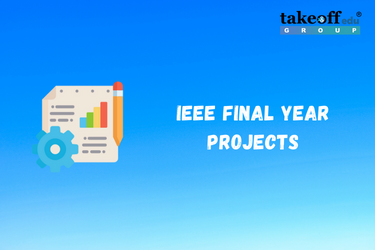
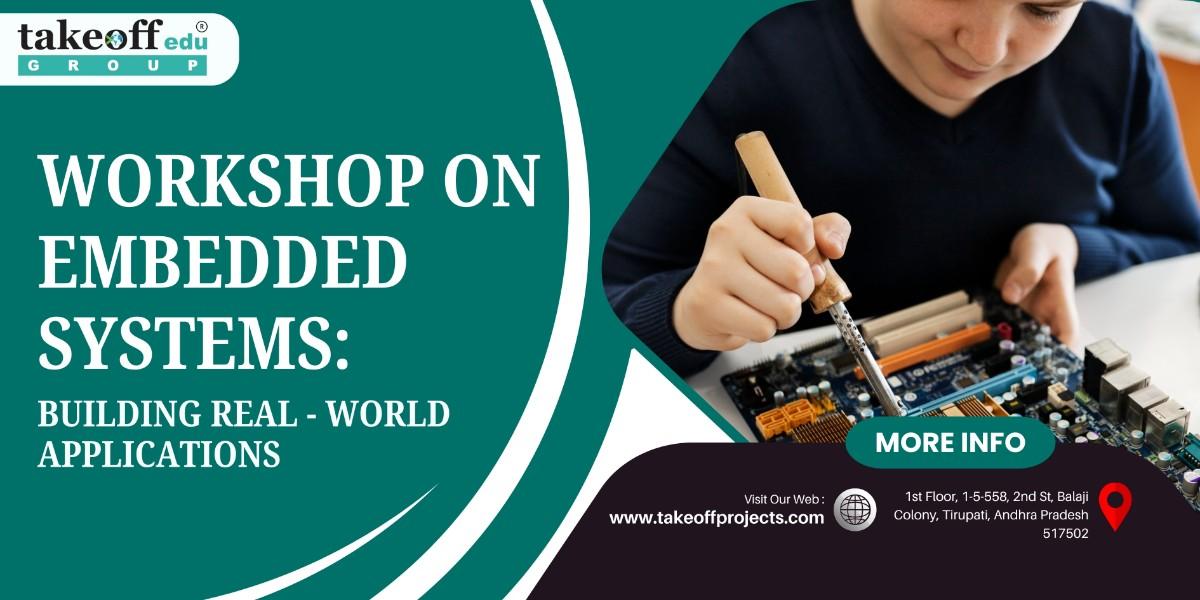 Workshop on Embedded Systems: Building Real-World Applications
Workshop on Embedded Systems: Building Real-World Applications  Top Internship Training & Certificate
Top Internship Training & Certificate  Internship Benefits Beyond the Resume: How It Shapes Your Career
Internship Benefits Beyond the Resume: How It Shapes Your Career  Turing Internship into Job Offers: Strategies for Success
Turing Internship into Job Offers: Strategies for Success  Day in the Life: A Glimpse into the Realities of Internship Experience
Day in the Life: A Glimpse into the Realities of Internship Experience  Internship Insights: What Recruiters Look for in Candidates
Internship Insights: What Recruiters Look for in Candidates  Why Internships Matter: Building Bridges to Your Future Career
Why Internships Matter: Building Bridges to Your Future Career  Smart Mirror Based on Raspberry Pi
Smart Mirror Based on Raspberry Pi 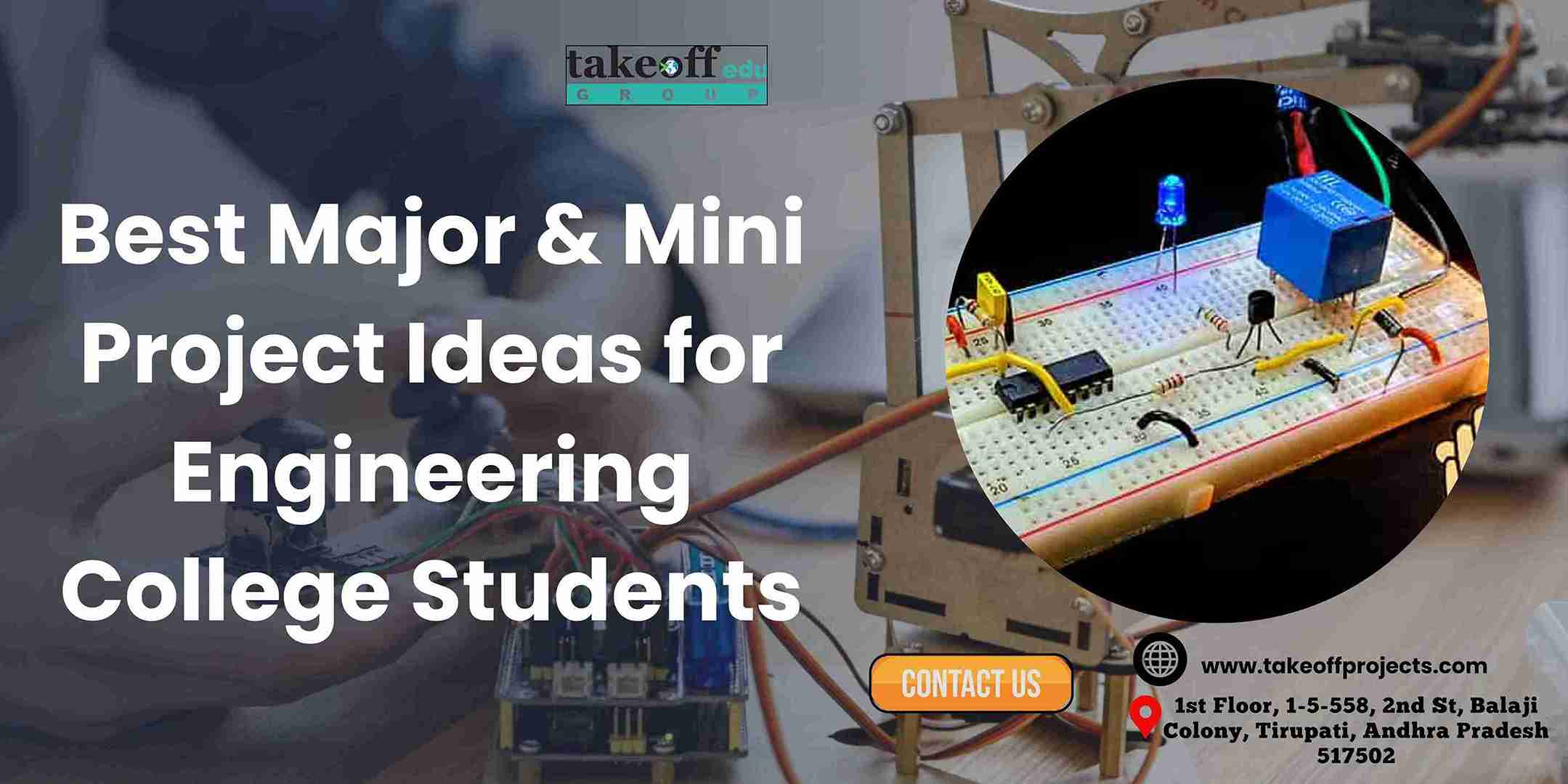 Best Major & Mini Project Ideas for Engineering College Students
Best Major & Mini Project Ideas for Engineering College Students 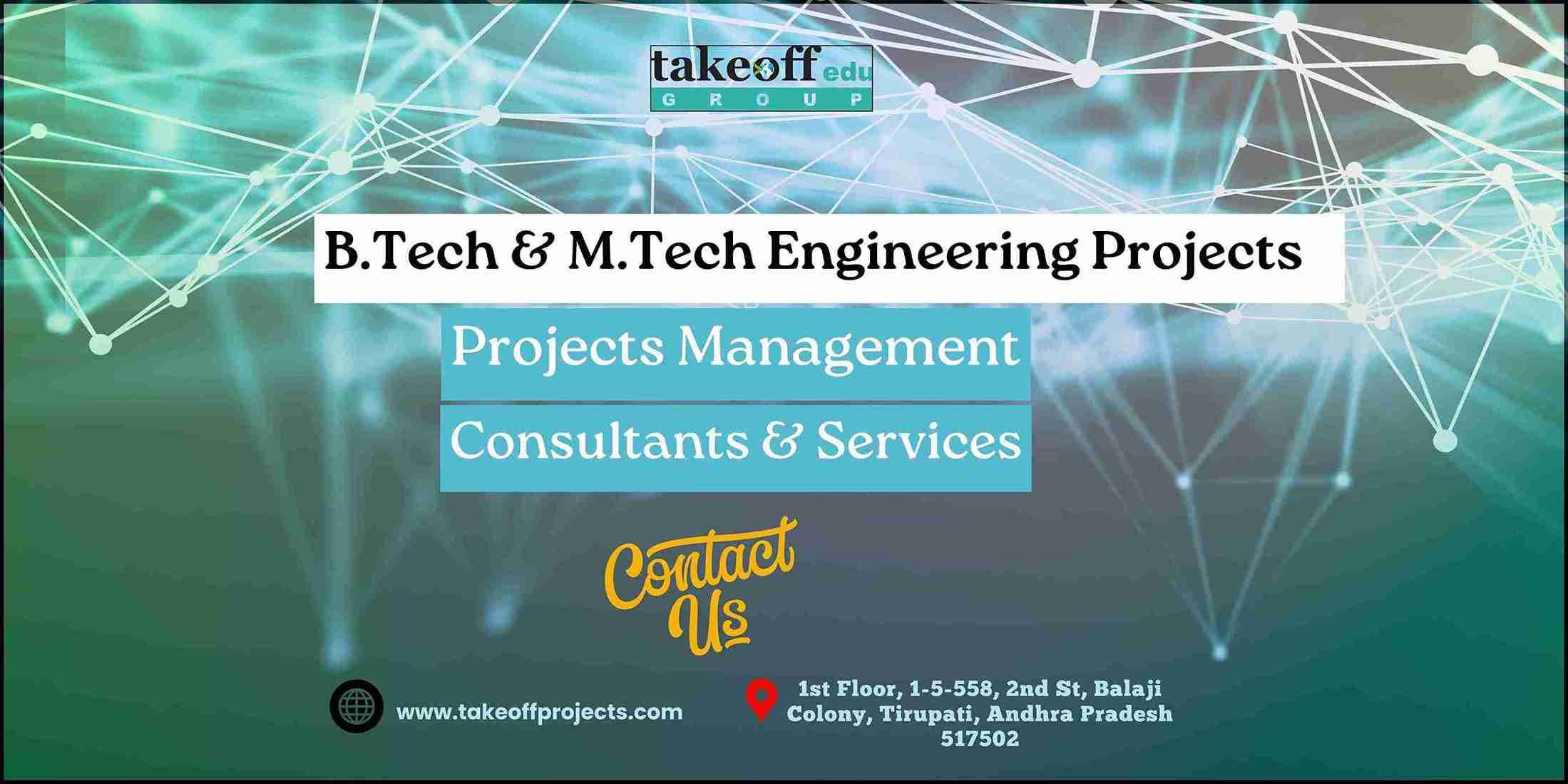 Top B.Tech/M.Tech Engineering Projects Consultants & Services
Top B.Tech/M.Tech Engineering Projects Consultants & Services  Engineering Project Ideas & Topics for Students
Engineering Project Ideas & Topics for Students  Engineering Procurement Construction (EPC) Project Services: Step By Step Guide
Engineering Procurement Construction (EPC) Project Services: Step By Step Guide 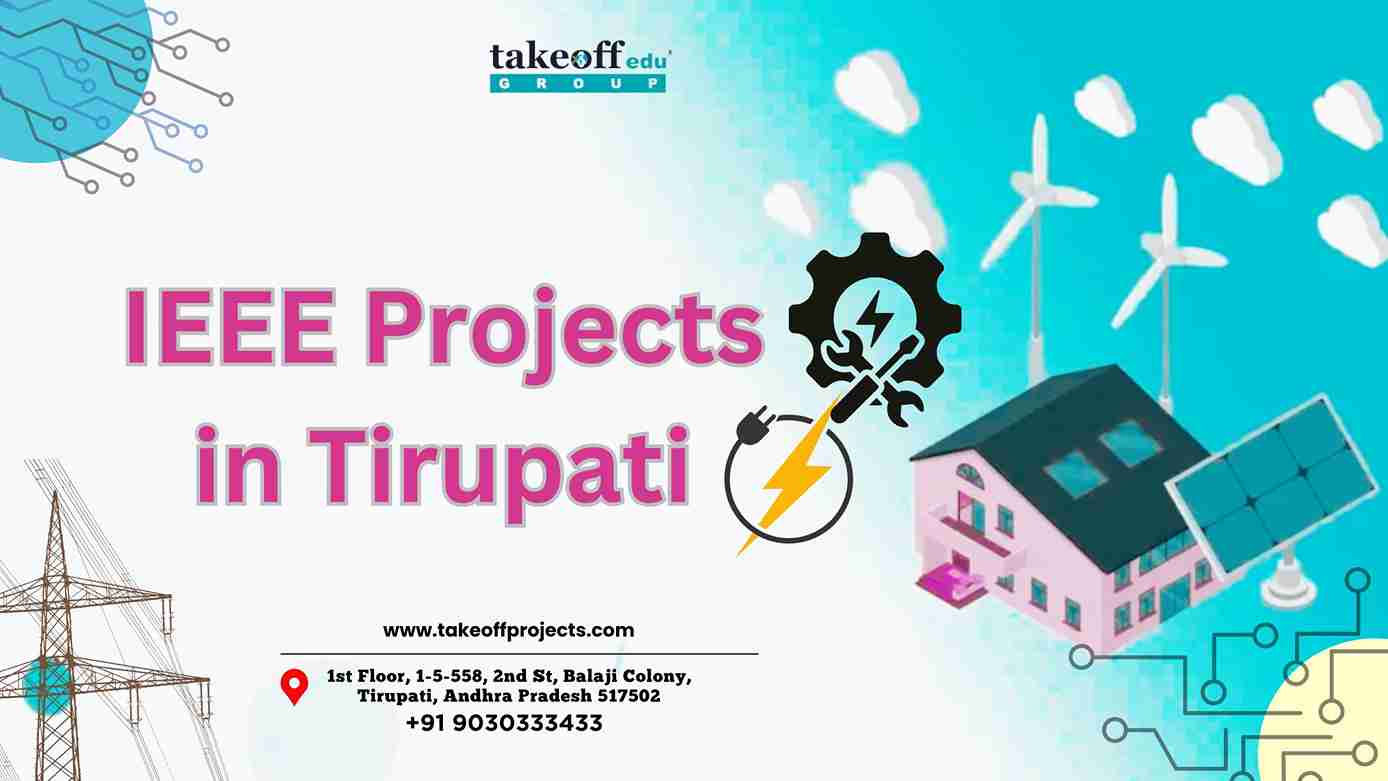 IEEE Projects in Tirupati
IEEE Projects in Tirupati 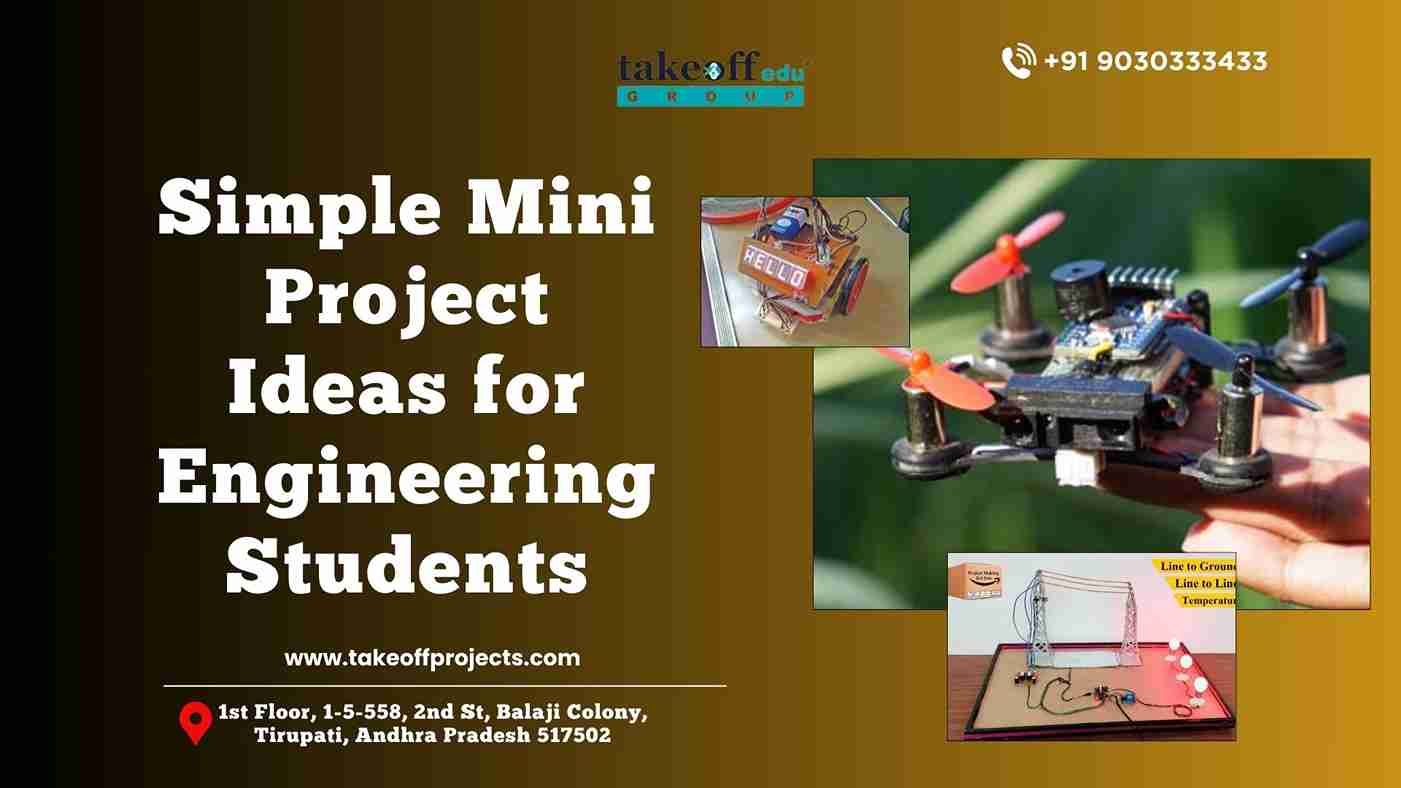 Simple Mini Project Ideas for Engineering Students
Simple Mini Project Ideas for Engineering Students 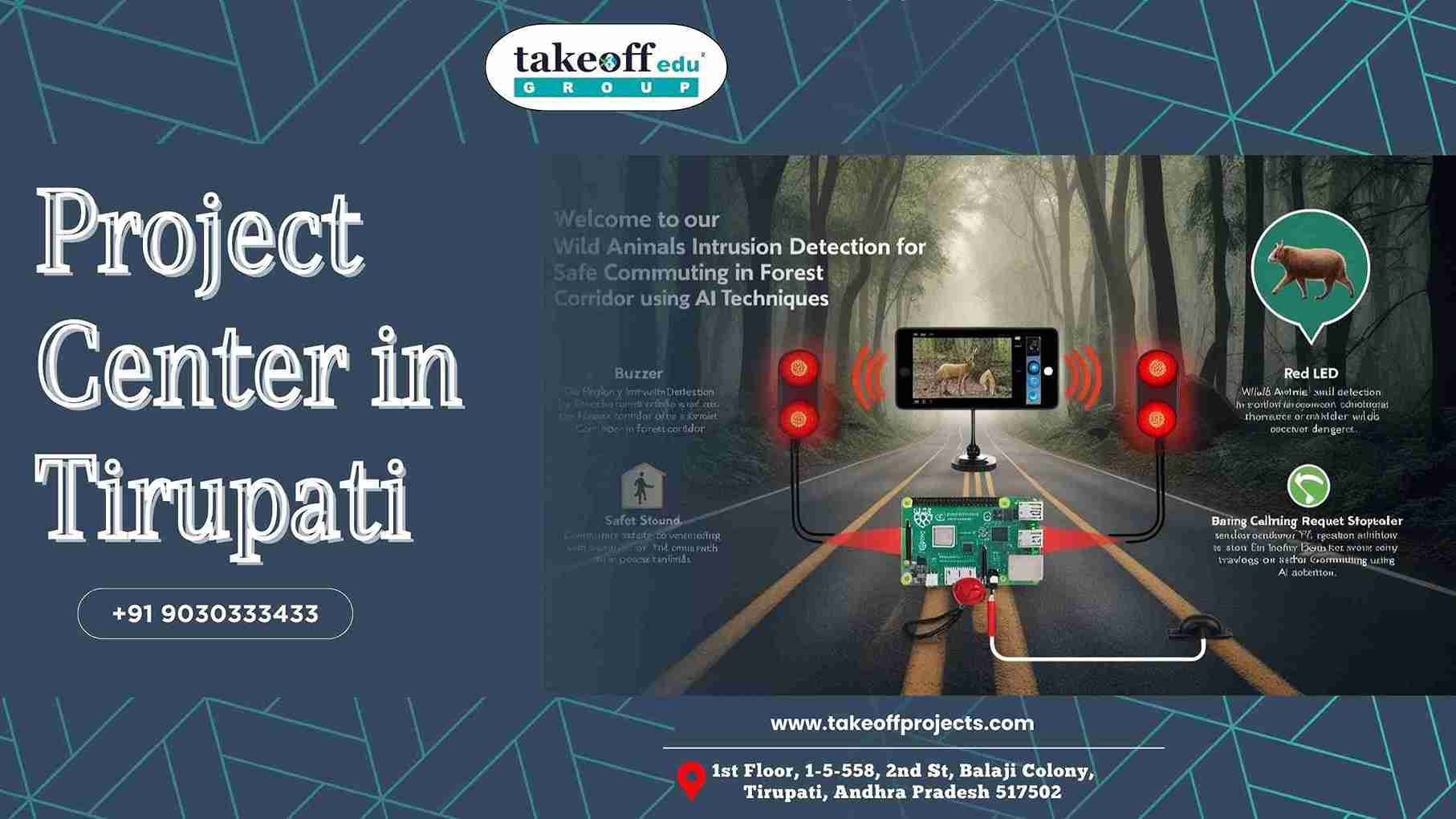 Project Center in Tirupati
Project Center in Tirupati  Top Engineering Project Consultants in Tirupati
Top Engineering Project Consultants in Tirupati  Innovative Software Engineering Projects: Shaping the Future of Technology
Innovative Software Engineering Projects: Shaping the Future of Technology 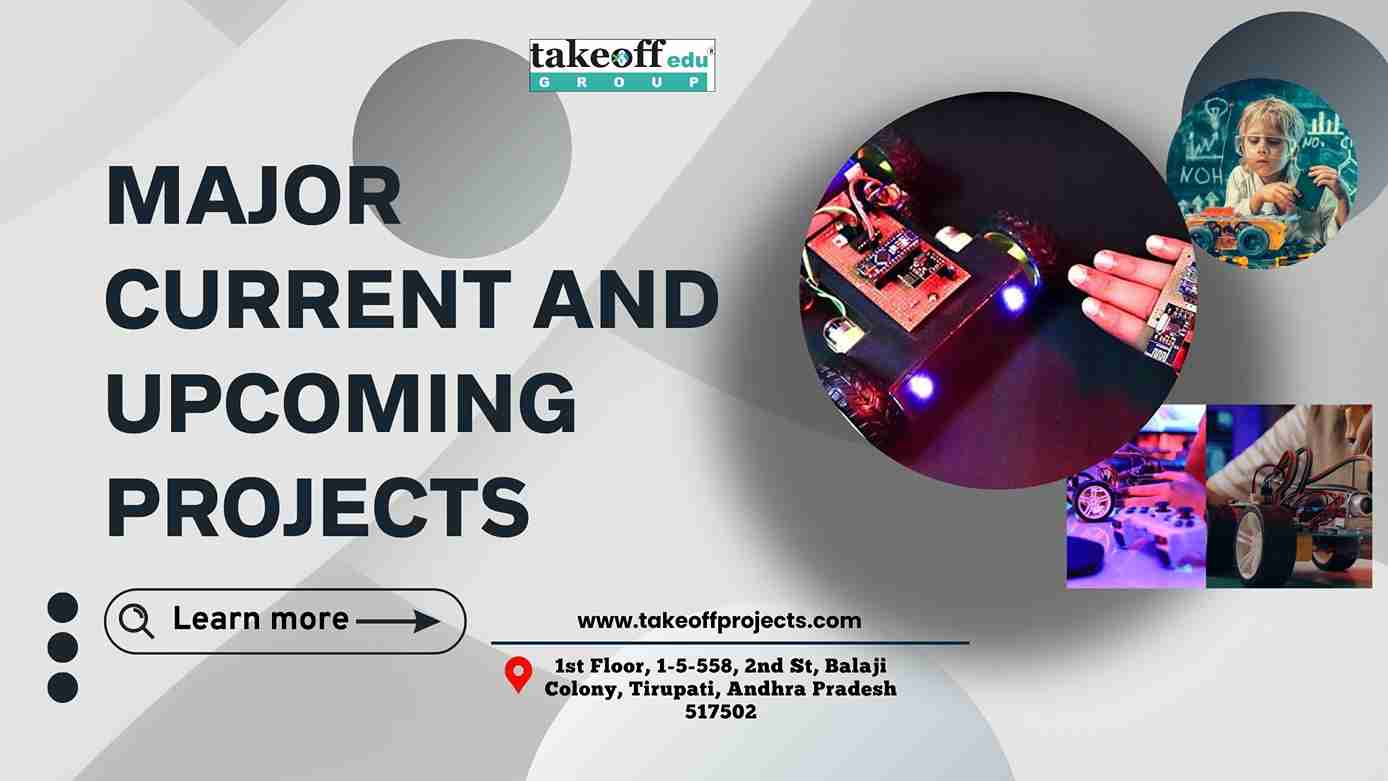 Major Current and Upcoming Projects
Major Current and Upcoming Projects  Best Project Management Consultant in Tirupati
Best Project Management Consultant in Tirupati  Top 10 Best Project Consultants in Andhra Pradesh
Top 10 Best Project Consultants in Andhra Pradesh  Best Project Consultancy in Tirupati
Best Project Consultancy in Tirupati  Advanced Technology Project Ideas in Chittoor
Advanced Technology Project Ideas in Chittoor  Top Final Year Project Provider in Tirupati
Top Final Year Project Provider in Tirupati 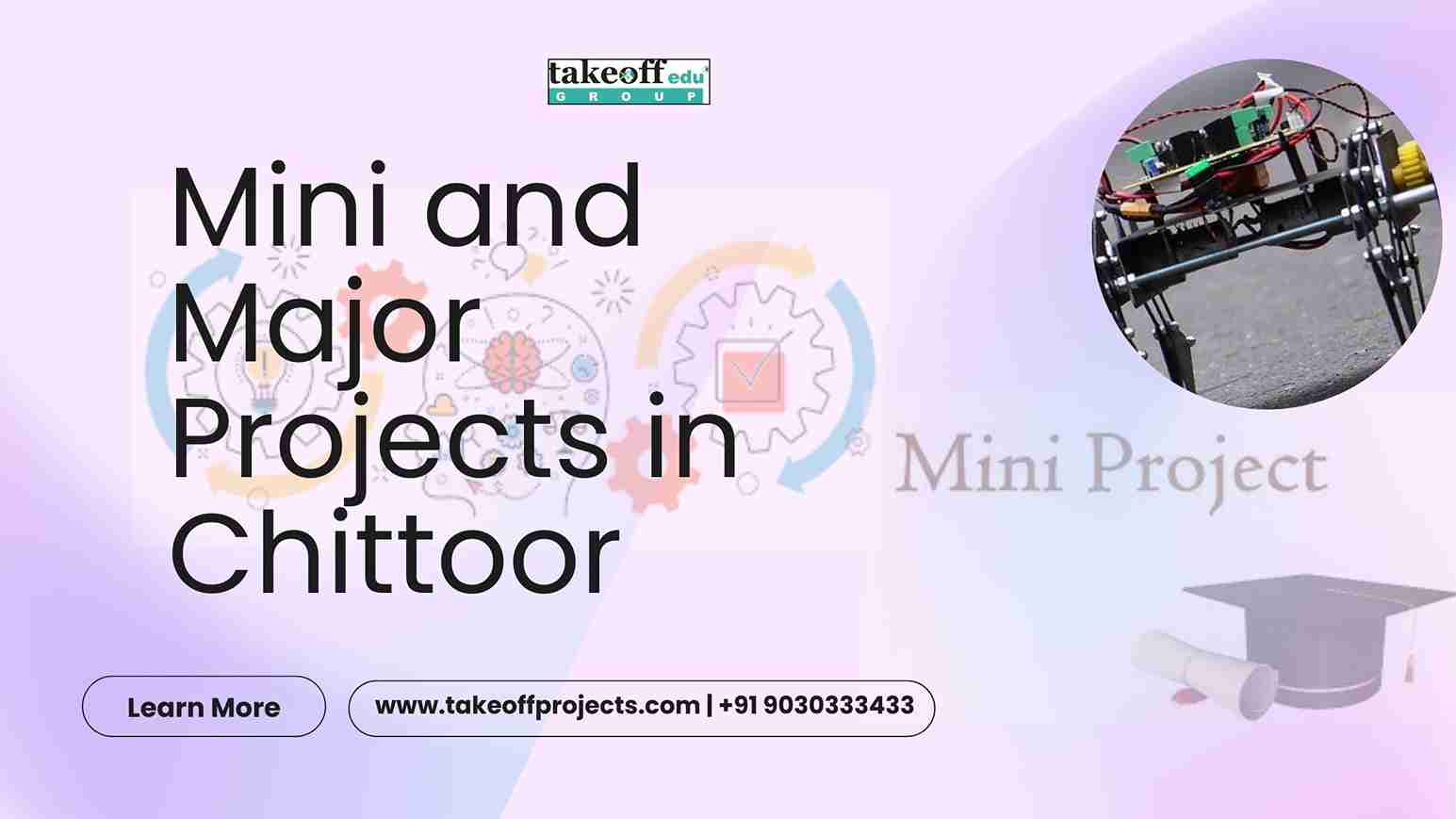 Mini and Major Projects in Chittoor
Mini and Major Projects in Chittoor  Final Year Projects in Tirupati: Unlocking Your Academic Potential
Final Year Projects in Tirupati: Unlocking Your Academic Potential  Affordable Academic Projects in India: A Gateway to Success
Affordable Academic Projects in India: A Gateway to Success 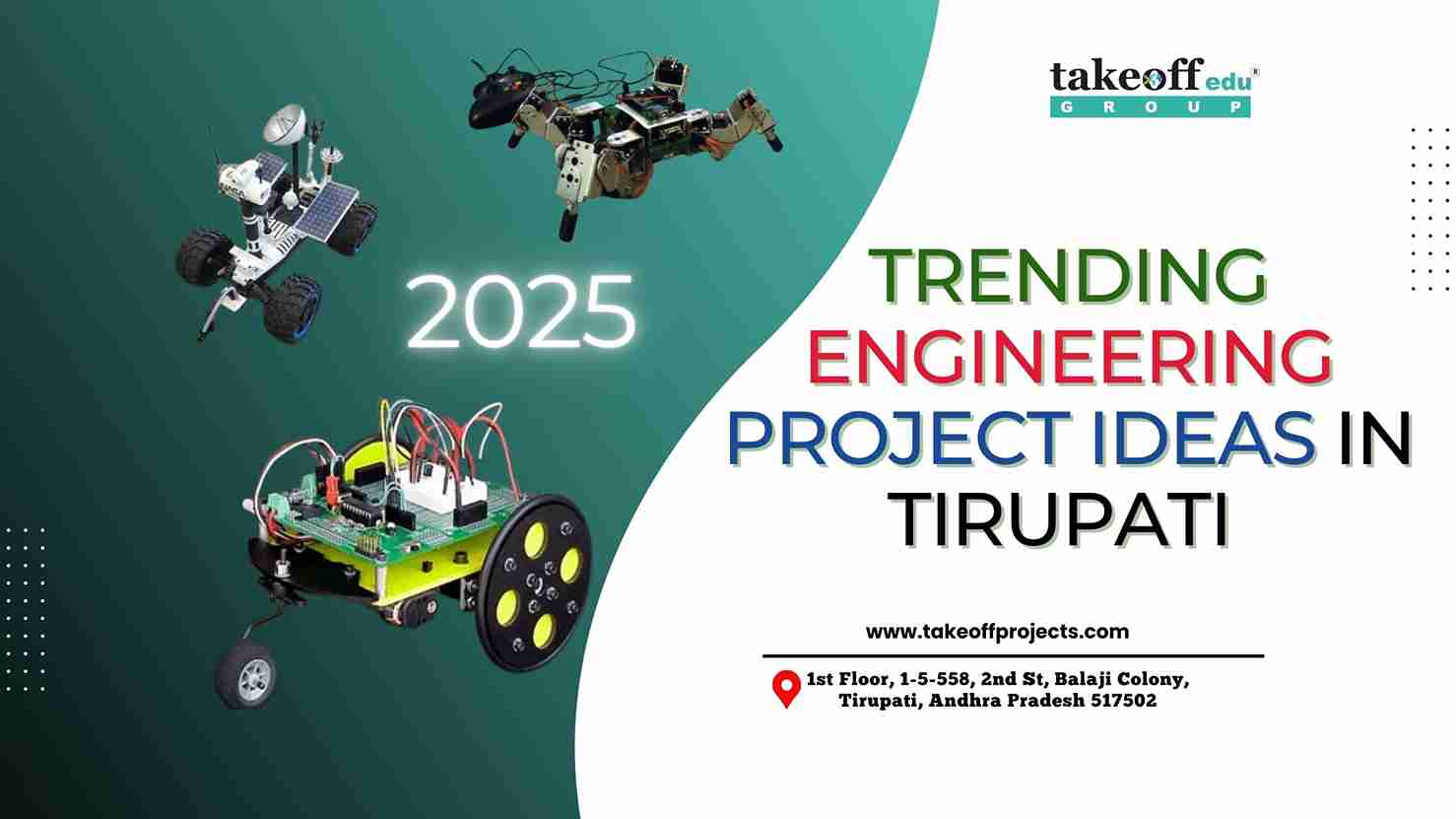 Trending Engineering Project Ideas in Tirupati 2025
Trending Engineering Project Ideas in Tirupati 2025  Technical Project ideas for engineering students
Technical Project ideas for engineering students  How Do I Choose A Project Topic Titles For Final Year Engineering Students?
How Do I Choose A Project Topic Titles For Final Year Engineering Students?  Find Best College Project Centers in Andhra Pradesh
Find Best College Project Centers in Andhra Pradesh 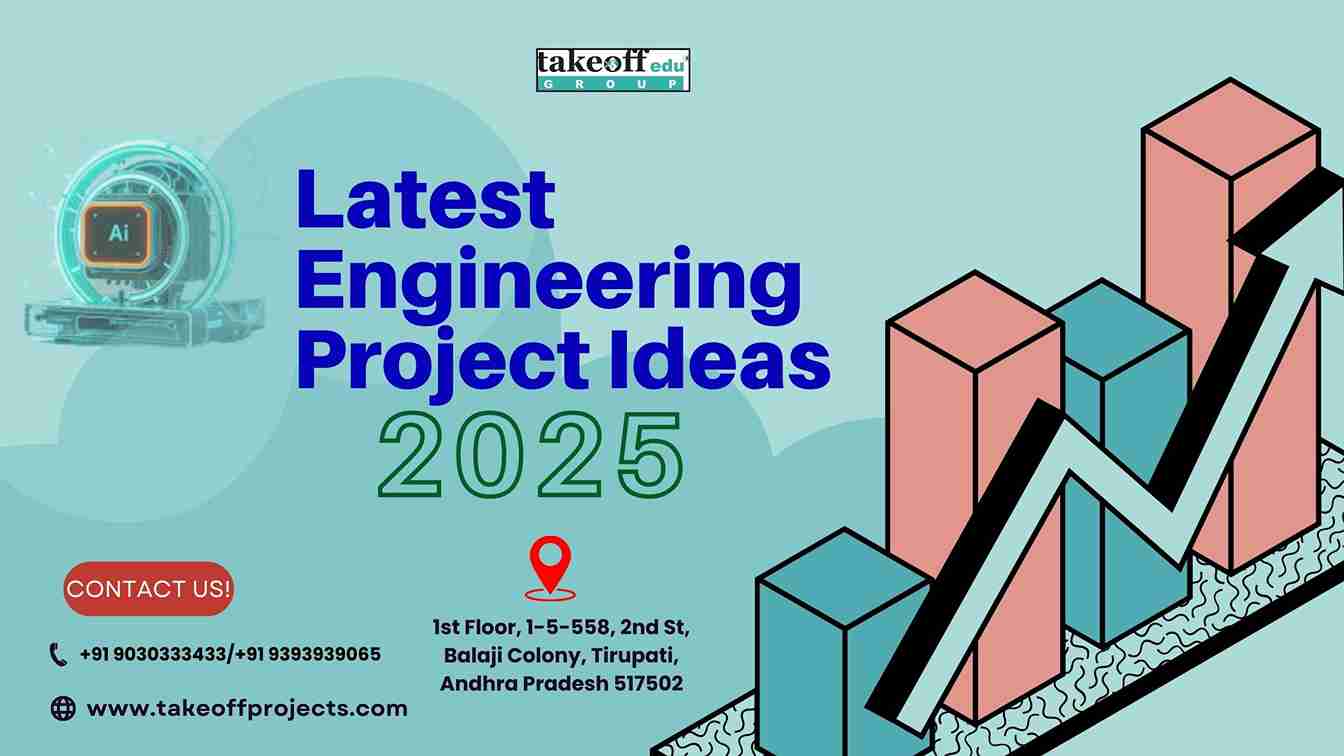 Latest Engineering Project Ideas for 2025
Latest Engineering Project Ideas for 2025 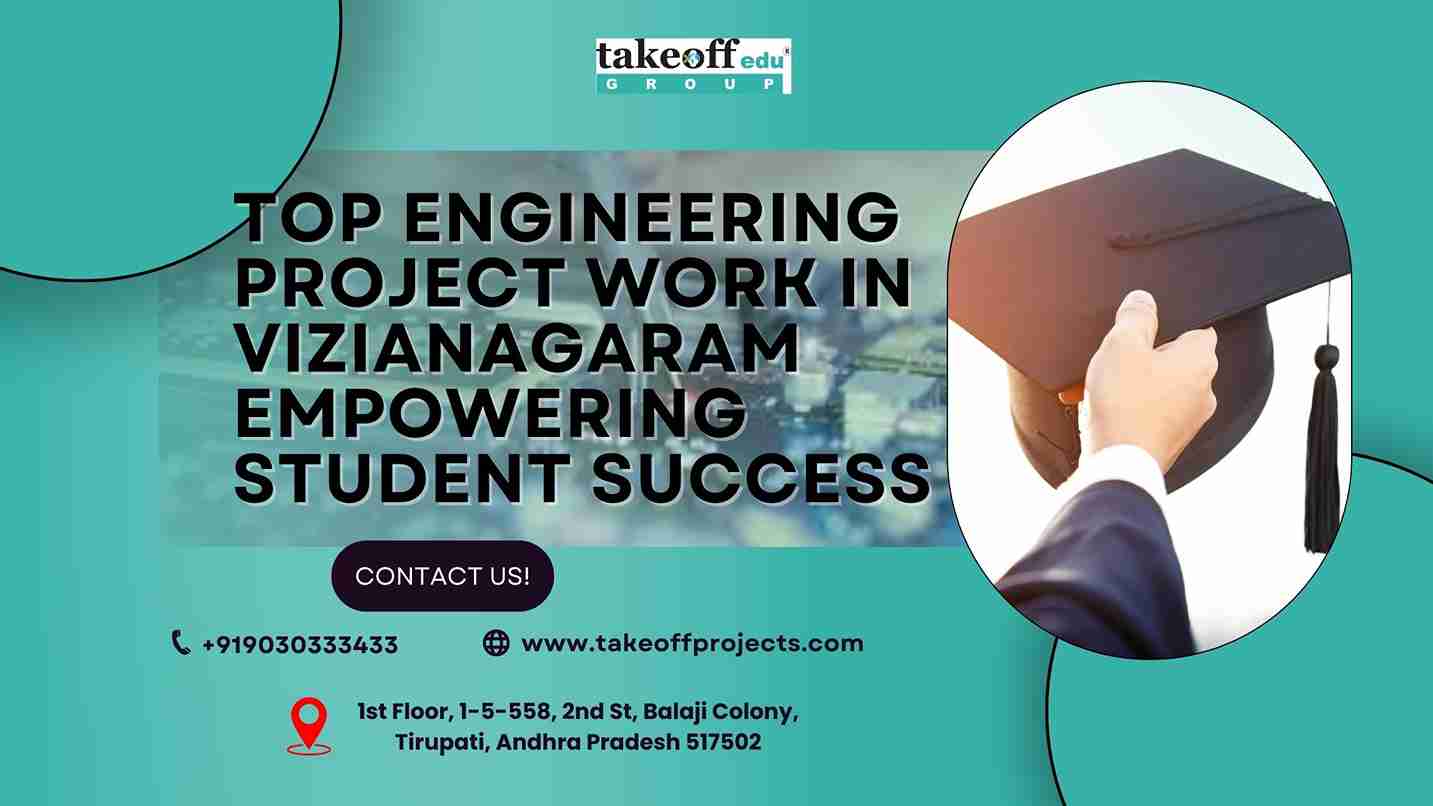 Top Engineering Project Work in Vizianagaram: Empowering Student Success
Top Engineering Project Work in Vizianagaram: Empowering Student Success 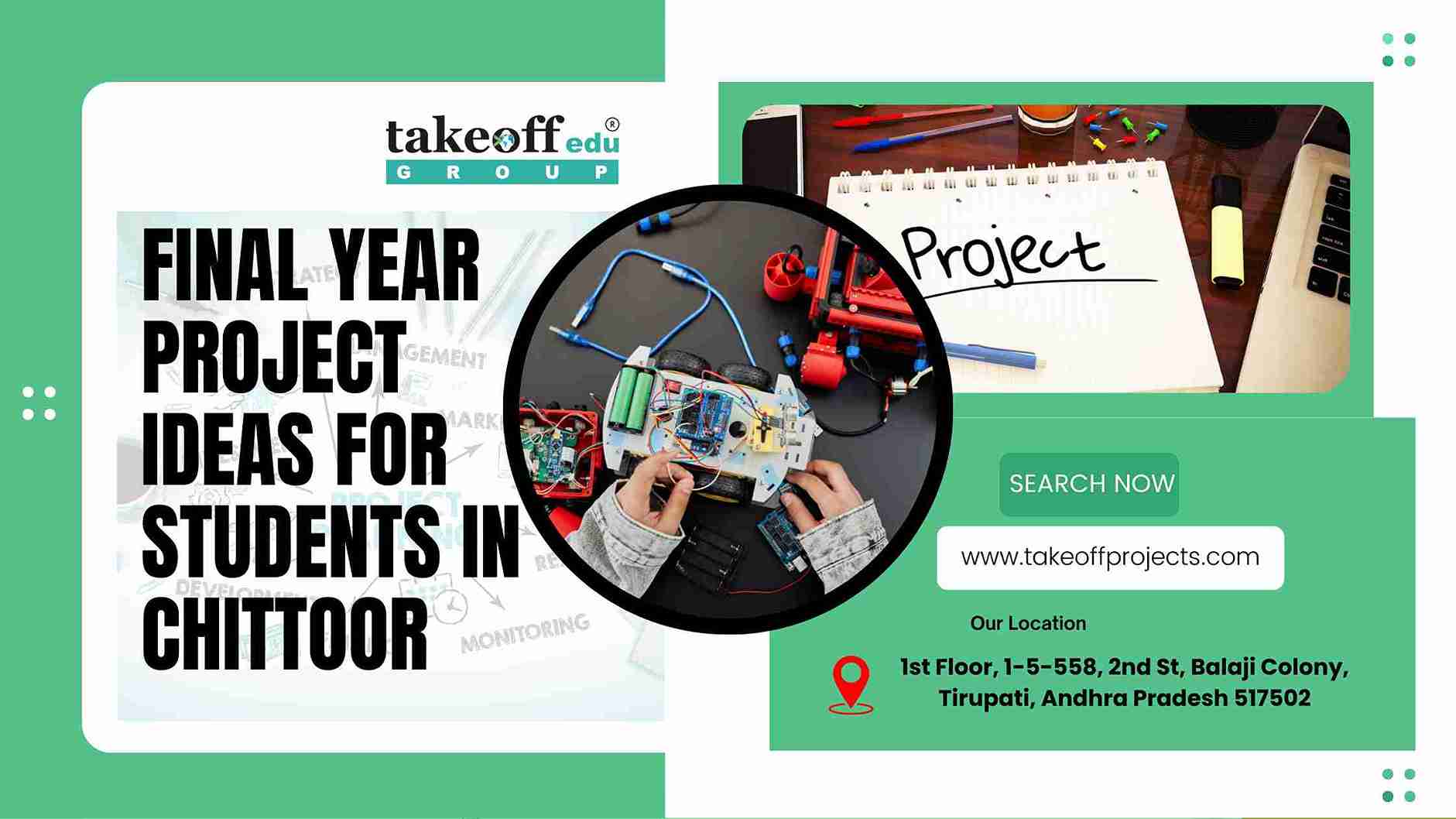 Final Year Project Ideas for Students in Chittoor
Final Year Project Ideas for Students in Chittoor  Project Ideas for College Students in Telangana
Project Ideas for College Students in Telangana  Top 10 Mini Project Ideas for College Students
Top 10 Mini Project Ideas for College Students 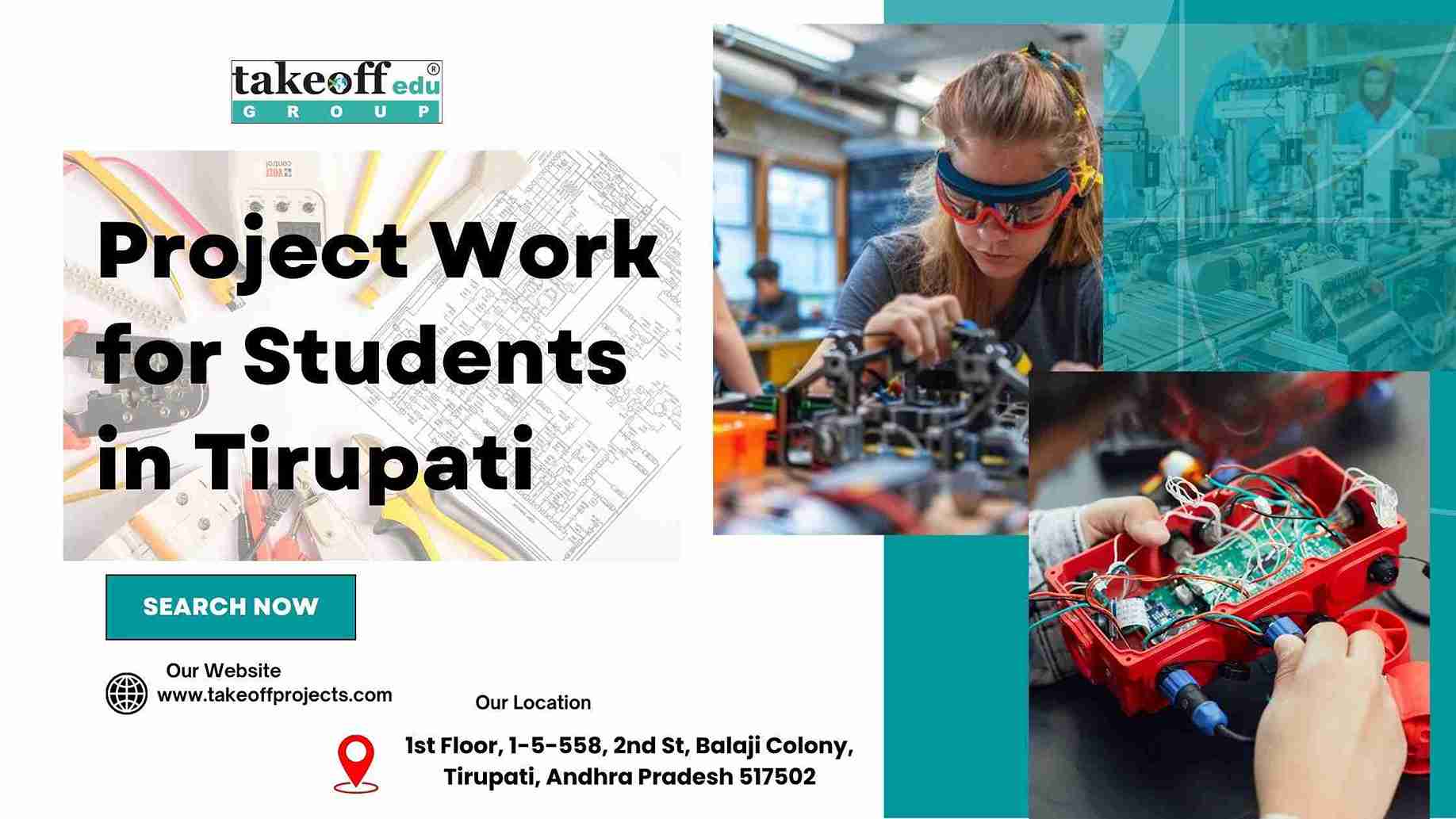 Project Work for Students in Tirupati
Project Work for Students in Tirupati  Best Engineering Projects in Andhra Pradesh: A Comprehensive Guide
Best Engineering Projects in Andhra Pradesh: A Comprehensive Guide  Using Cloud-Based Tools for Collaborative Research Projects
Using Cloud-Based Tools for Collaborative Research Projects  Advantages of Undergraduate Research Opportunities
Advantages of Undergraduate Research Opportunities  How to Prepare for Academic Research Conferences
How to Prepare for Academic Research Conferences  Understanding the Different Types of Academic Research
Understanding the Different Types of Academic Research  Navigating the Peer Review Process: Tips for Success
Navigating the Peer Review Process: Tips for Success  How to Write the Abstract for a Research Paper
How to Write the Abstract for a Research Paper  The Impact of Academic Research on Policy Making
The Impact of Academic Research on Policy Making 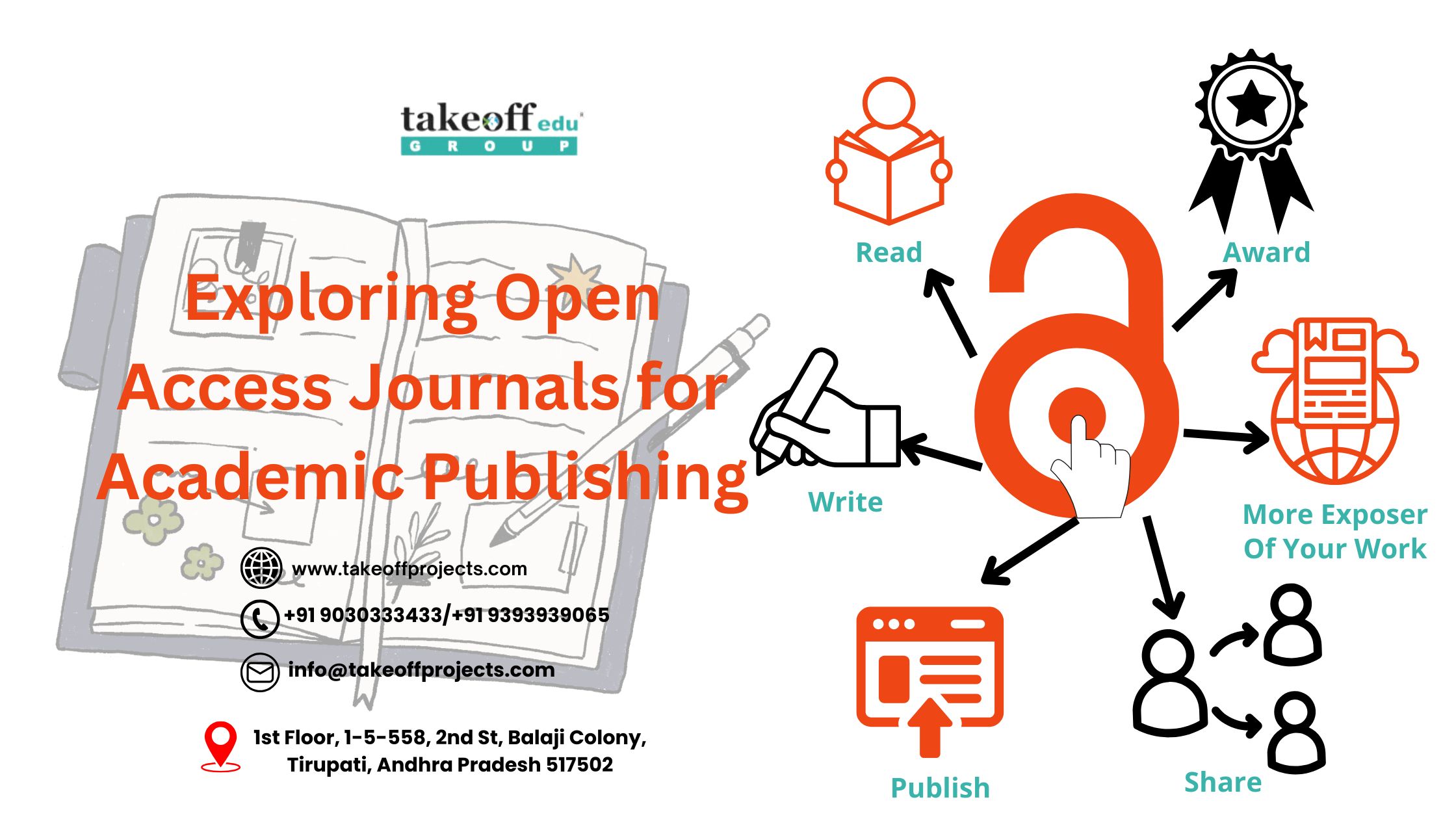 Exploring Open Access Journals for Academic Publishing
Exploring Open Access Journals for Academic Publishing  The Role of Academic Journals in Disseminating Research
The Role of Academic Journals in Disseminating Research  How to Balance Coursework and Research Projects: A Guide to Academic Success
How to Balance Coursework and Research Projects: A Guide to Academic Success  The Importance of Research Ethics Committees
The Importance of Research Ethics Committees  Innovative Teaching Methods to Support Academic Research Projects
Innovative Teaching Methods to Support Academic Research Projects  Creating Impactful Visual Aids for Research Presentations
Creating Impactful Visual Aids for Research Presentations  The Benefits of Peer Review in Academic Research
The Benefits of Peer Review in Academic Research  Surveys and Questionnaires are Effective in Academic Research
Surveys and Questionnaires are Effective in Academic Research  Importance of Documentation Record-Keeping in Academic Research
Importance of Documentation Record-Keeping in Academic Research  Overcoming Challenges in Academic Research Projects
Overcoming Challenges in Academic Research Projects  Leveraging Online Resources for Academic Research
Leveraging Online Resources for Academic Research  Successful Academic Projects in Computer Science: Case Studies
Successful Academic Projects in Computer Science: Case Studies  Building a Research Network: The Importance of Conferences and Workshops
Building a Research Network: The Importance of Conferences and Workshops  How Technology Affects Academic Research?
How Technology Affects Academic Research?  Getting Funding for Your Research Project: Tips and Resources
Getting Funding for Your Research Project: Tips and Resources  Time Management Strategies for Academic Researchers
Time Management Strategies for Academic Researchers  Ethical Considerations in Academic Research
Ethical Considerations in Academic Research  How to Write and Publishing Your Academic Paper?
How to Write and Publishing Your Academic Paper?  Presenting Your Research: Guidelines To Consider When Making An Academic Presentation
Presenting Your Research: Guidelines To Consider When Making An Academic Presentation  Analyzing Research Data: Effective Techniques in Engineering Projects
Analyzing Research Data: Effective Techniques in Engineering Projects  Best Practices for Conducting a Literature Review
Best Practices for Conducting a Literature Review  Writing a Winning Student Research Proposal: A Step-by-Step Guide
Writing a Winning Student Research Proposal: A Step-by-Step Guide  Project Management for Academic Research: Tools and Techniques
Project Management for Academic Research: Tools and Techniques  How to Choose the Perfect Academic Project Topic?
How to Choose the Perfect Academic Project Topic?  Presenting Final Year Project to Your Supervisor
Presenting Final Year Project to Your Supervisor  Trending Engineering Projects in 2024 Future-Ready
Trending Engineering Projects in 2024 Future-Ready  Innovative Renewable Energy Project Ideas
Innovative Renewable Energy Project Ideas  How Engineering Projects Ideas to contribute your academic year?
How Engineering Projects Ideas to contribute your academic year?  Latest Engineering Projects in 2024
Latest Engineering Projects in 2024 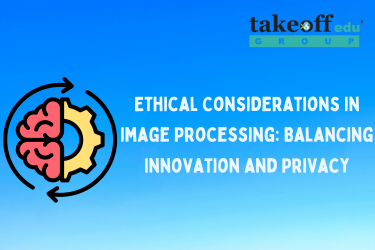 Ethical Considerations in Image Processing: Balancing Innovation and Privacy
Ethical Considerations in Image Processing: Balancing Innovation and Privacy  From Pixels to Insights A Journey into Image Enhancement Algorithms
From Pixels to Insights A Journey into Image Enhancement Algorithms 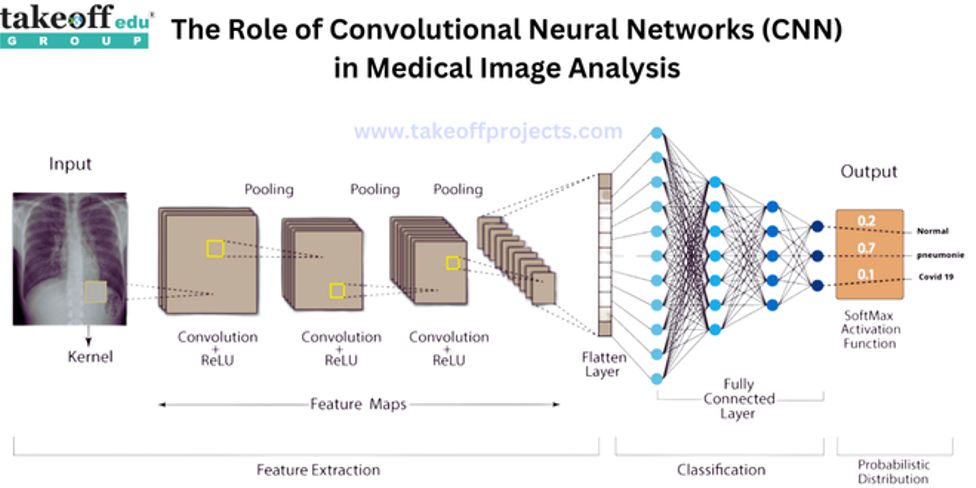 The Role of Convolutional Neural Networks in Medical Image Analysis
The Role of Convolutional Neural Networks in Medical Image Analysis 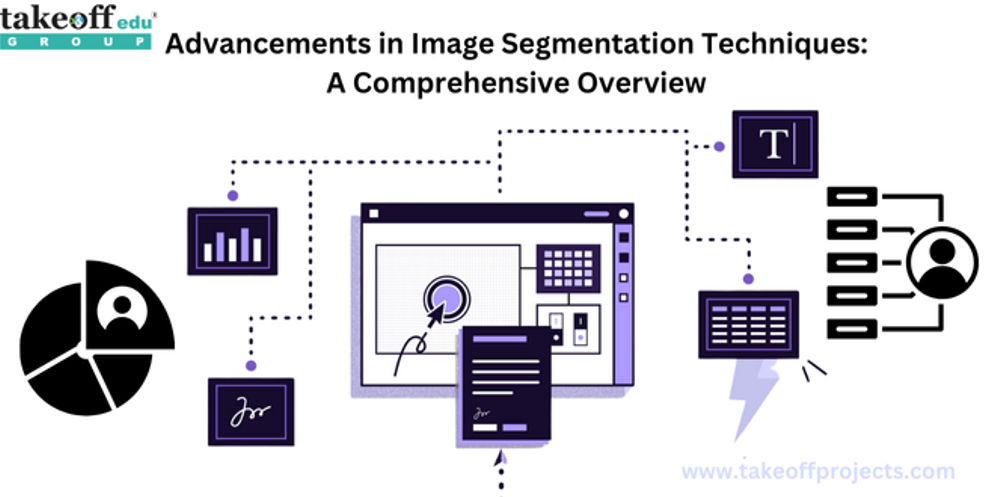 Advancements in Image Segmentation Techniques: A Comprehensive Overview
Advancements in Image Segmentation Techniques: A Comprehensive Overview 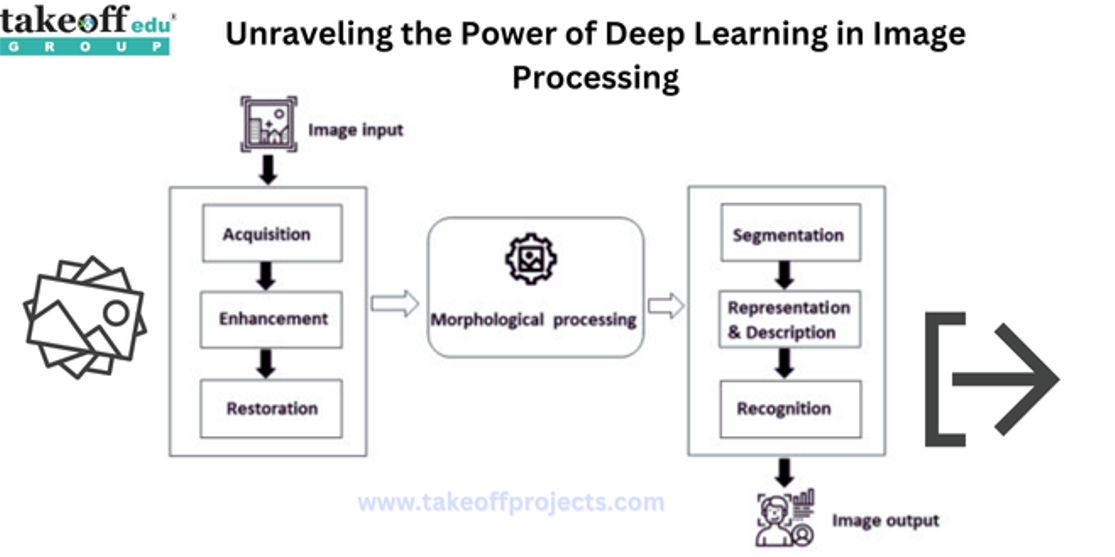 Unraveling the Power of Deep Learning in Image Processing
Unraveling the Power of Deep Learning in Image Processing  Importance of Final Year Projects for Students
Importance of Final Year Projects for Students  How to Present Your Final Year Project to Your Supervisor?
How to Present Your Final Year Project to Your Supervisor?  How to Choose the Right Final Year Project Topic?
How to Choose the Right Final Year Project Topic?  Common Mistakes to Avoid on Your Final Year Project
Common Mistakes to Avoid on Your Final Year Project  How to Write a Winning Engineering Project Report?
How to Write a Winning Engineering Project Report? 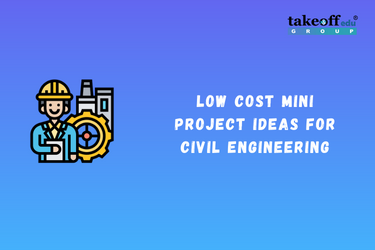 Low Cost Mini Projects Ideas for Civil Engineering
Low Cost Mini Projects Ideas for Civil Engineering  Low Cost Mini Project Ideas for Mechanical Engineering
Low Cost Mini Project Ideas for Mechanical Engineering  BSc IT Projects for Final Year
BSc IT Projects for Final Year 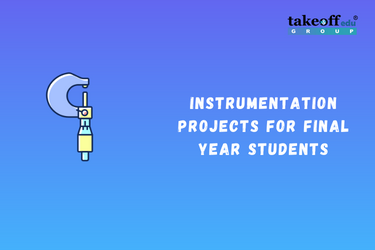 Instrumentation Projects for Final Year Students
Instrumentation Projects for Final Year Students  Biomedical Instrumentation Projects
Biomedical Instrumentation Projects  M.Tech Structural Engineering Projects
M.Tech Structural Engineering Projects 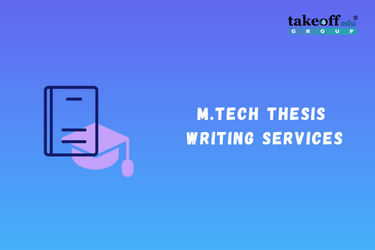 M.Tech Thesis Writing Services
M.Tech Thesis Writing Services 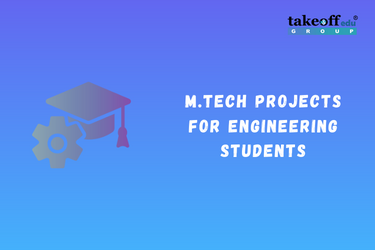 M.Tech Projects for Electrical, Electronics & Software Engineering
M.Tech Projects for Electrical, Electronics & Software Engineering 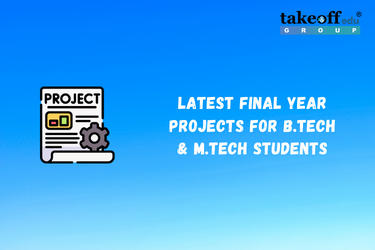 Latest Final Year Projects for B.Tech & M.Tech Students
Latest Final Year Projects for B.Tech & M.Tech Students 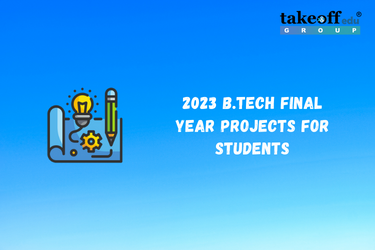 2023 B.Tech Final Year Projects for Students
2023 B.Tech Final Year Projects for Students 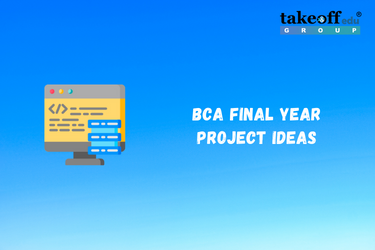 Latest BCA Final Year Project Ideas for 2023
Latest BCA Final Year Project Ideas for 2023  Top BE Projects Ideas & Topics for Students
Top BE Projects Ideas & Topics for Students 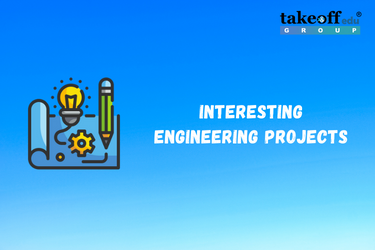 14+ Interesting Engineering Projects
14+ Interesting Engineering Projects 
 Paper Publishing
Paper Publishing


